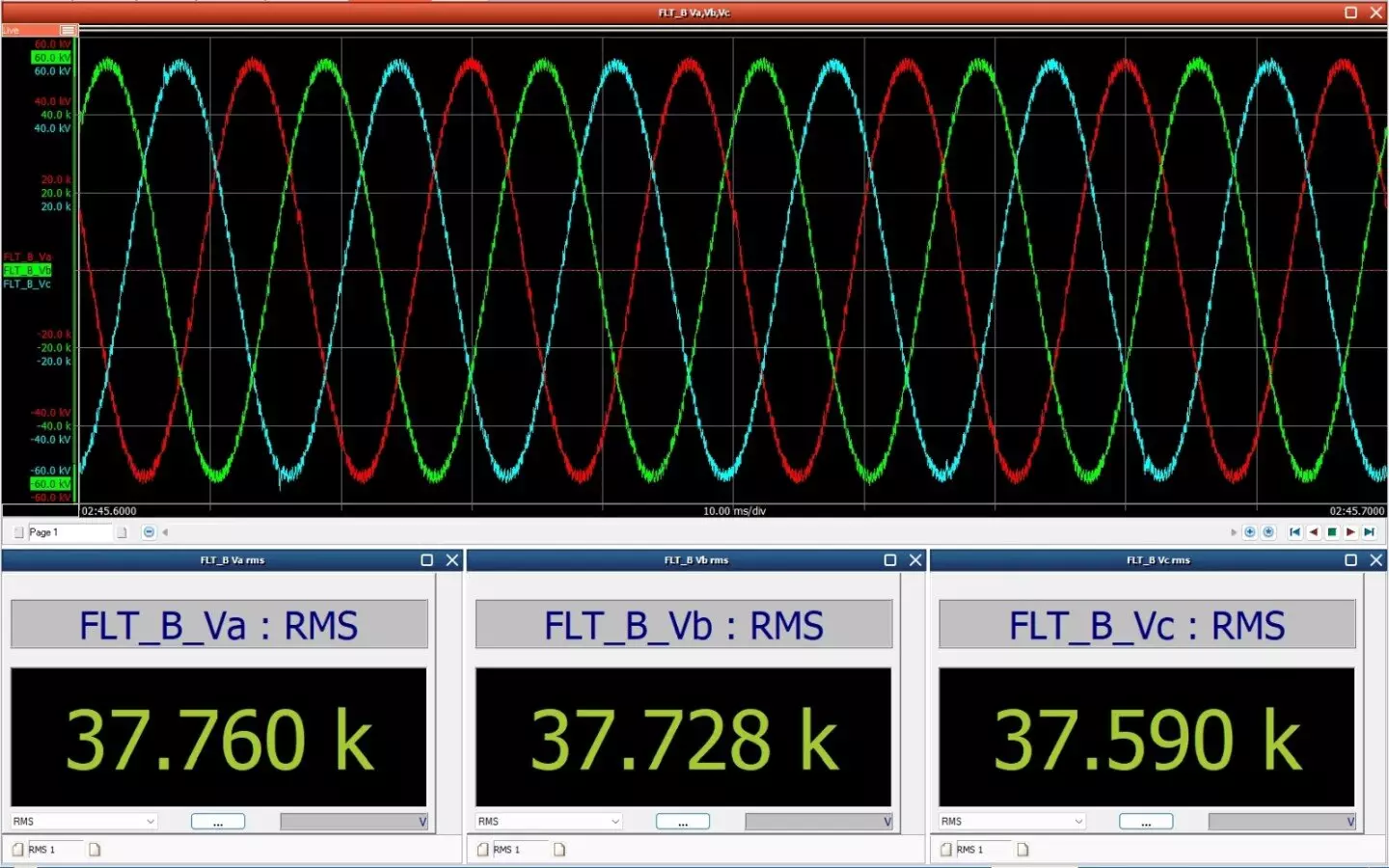Connecting wind turbines to public power grids poses a significant challenge for manufacturers in the renewable energy sector. It is not enough to simply test the functionality of new turbines and connect them. Manufacturers also have to comply with strict electrical properties limit values specified in connection rules. Additionally, they need to ensure that the turbines can compensate for dynamic events such as short circuits and frequency fluctuations. This complex process is vital to maintain the stability of power grids, which are highly intricate systems.
To receive unit certification, wind turbine manufacturers must complete a range of tests and certification procedures to meet the requirements. With turbines growing larger in both output and size, traditional test systems are struggling to keep up with the demands. As a response to this challenge, researchers at the Fraunhofer Institute for Wind Energy Systems IWES have developed a mobile test platform as part of the Mobil-Grid-CoP project. This platform allows realistic tests to be conducted at full load, even on offshore wind turbines, to facilitate the validation and certification of turbines.
The mobile test bench developed by Fraunhofer IWES is capable of testing very large wind turbines up to an output of 28 megavolt-amperes (MVA). This innovation enables manufacturers to obtain certification more efficiently, especially in the case of large offshore wind turbines. The test bench is designed for the typical offshore voltage level of 66 kV, allowing large turbines to be tested under realistic conditions at full load. The grid emulator technology used in the test system ensures that the public grid is not compromised during testing.
Mobil-Grid-CoP offers numerous benefits for the wind energy sector as a whole. Manufacturers now have the opportunity to conduct robust, realistic, and detailed tests on their turbine prototypes, reducing the risk of reworking turbines before operation. This innovative testing approach also speeds up the certification and commissioning process, enabling manufacturers to bring their turbines to market faster. The flexibility of the test bench allows for easy upgrades and modernization measures on turbines.
The Fraunhofer researchers are aiming to develop a technology platform that can adapt to future changes in connection rules related to renewable energy. With the rapid evolution of the energy transition, new regulations may come into effect in a few years. The Mobil-Grid-CoP project ensures that the industry is prepared for upcoming challenges and can continue to accelerate the transition of energy grids to renewable sources. Fraunhofer IWES in Bremerhaven plays a crucial role in driving this transition forward.
The development of mobile test platforms like Mobil-Grid-CoP is essential for ensuring the reliability and stability of power grids in the face of increasing renewable energy integration. Manufacturers must continue to invest in innovative testing technologies to meet the evolving demands of the industry and contribute to a sustainable energy future.


Leave a Reply